Excerpts from the JULY – AUGUST 2022 Edition of TRANSPORTATION BUILDER Magazine from ARTBA, The American Road & Transportation Builders Association
BY SCOTT BERGKAMP
We often have heard that a chain is only as strong as its weakest link. As we evaluate our road networks for resiliency, this maxim certainly applies. In an emergency, a few scattered issues on major thoroughfares in a community will hinder first responders and population evacuation.
Focus on the Entire Network.
That’s why state and local road agencies—when improving the resiliency of their infrastructure—should enhance the pavement condition of the entire network via preservation. The uncertainty of trying to predict where failures will occur and then addressing only those locations—is eliminated when an entire road network is in good condition.
Pavement preservation is intended to keep good roads good—prolonging pavement life and resiliency—without adding structural value. Preservation techniques include surface treatments such as slurry surfacing, crack sealing, chip sealing, micro-surfacing, rejuvenation, hot and cold in-place recycling and thin-lift hot-mix asphalt paving, and concrete pavement restoration. In addition to providing cost savings for governments, pavement preservation utilizes up to 80 percent less of the earth’s non-renewable resources compared to conventional highway rehabilitation and reconstruction programs.
Less Maintenance. Fewer Emissions. Fewer Safety Issues.
Preservation treatments are completed quickly with minimal disruption to traffic. Freely moving traffic produces far fewer emissions than slowed or stopped traffic, so the environment benefits from decreased emissions means fewer road work-related traffic jams, less mobile construction equipment, and fewer, endless processions of haul trucks. Preservation fully utilizes reclaimed asphalt pavement (RAP), keeping it out of landfills. And preservation decreases airborne particulate matter (PM) compared to that emitted during conventional reconstruction.
In addressing network pavement condition, many agencies have demonstrated the ability to improve the condition of the entire network with pavement preservation practices, better utilizing their existing budget while enhancing resiliency.
A Cost-Effective Manner
Agencies found that improving a network’s overall resiliency in a cost-effective manner through pavement preservation is very achievable, and at the same time improves network condition. With this approach, the agency’s constituents will be pleased both during normal times, and also when they experience a disruptive event.
Saves Taxpayer’s Money.
Pavement preservation enhances system resiliency and is environmentally sustainable while it saves taxpayers money. On all accounts, it’s a win-win for road agencies and the road users they serve.
Scan the QR Code to visit the ARTBA Site.
To read the full article in the AUGUST 2022 Edition of TRANSPORTATION BUILDER follow the link below.
https://www.artba.org/wp-content/uploads/2022/08/TB-July-August-2022-web.pdf
Scott Bergkamp is president of Bergkamp Inc., located in Salina, Kansas. He is the immediate past president of FP2, Inc., the Foundation for Pavement Preservation. Scott’s email is scott@bergkampinc.com

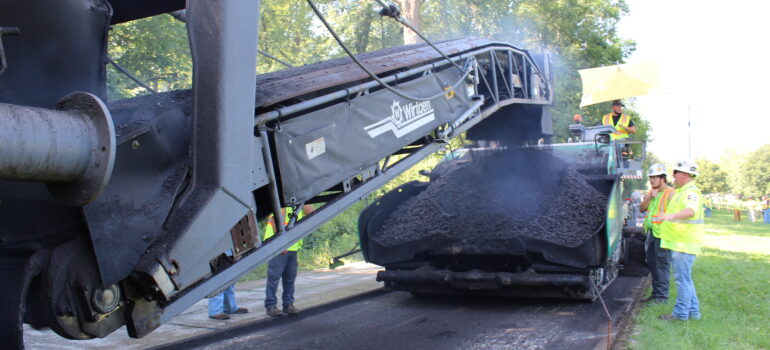
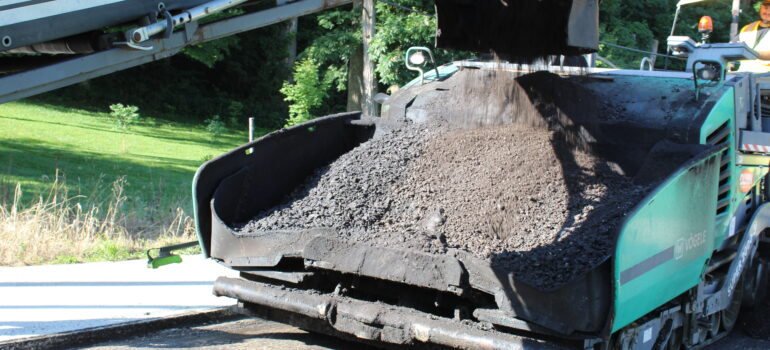
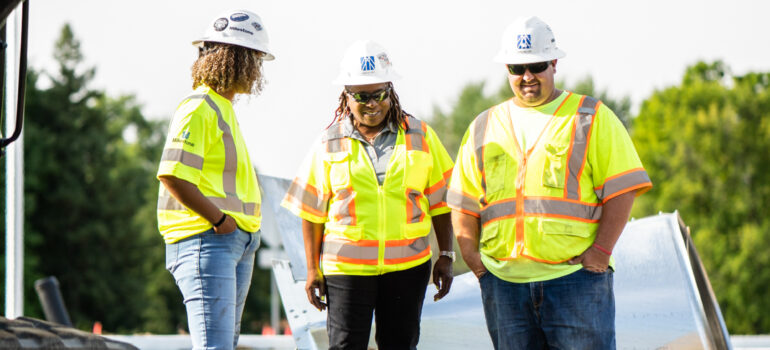









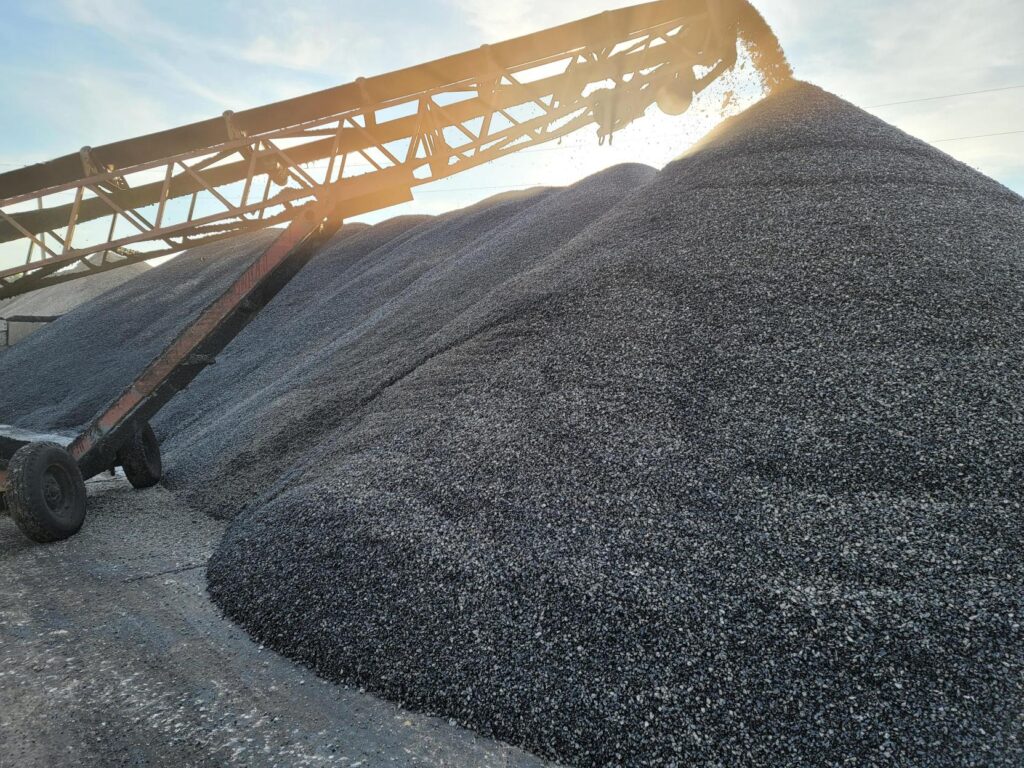


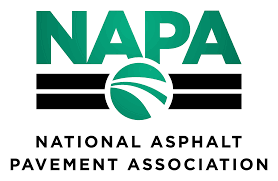

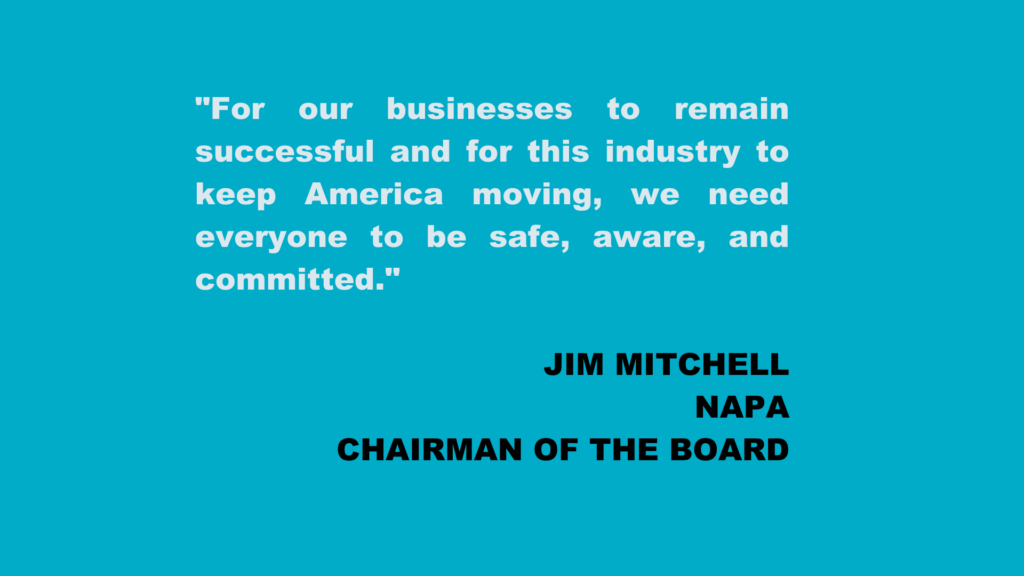

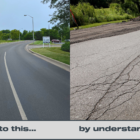
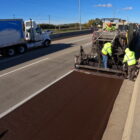

Recent Comments